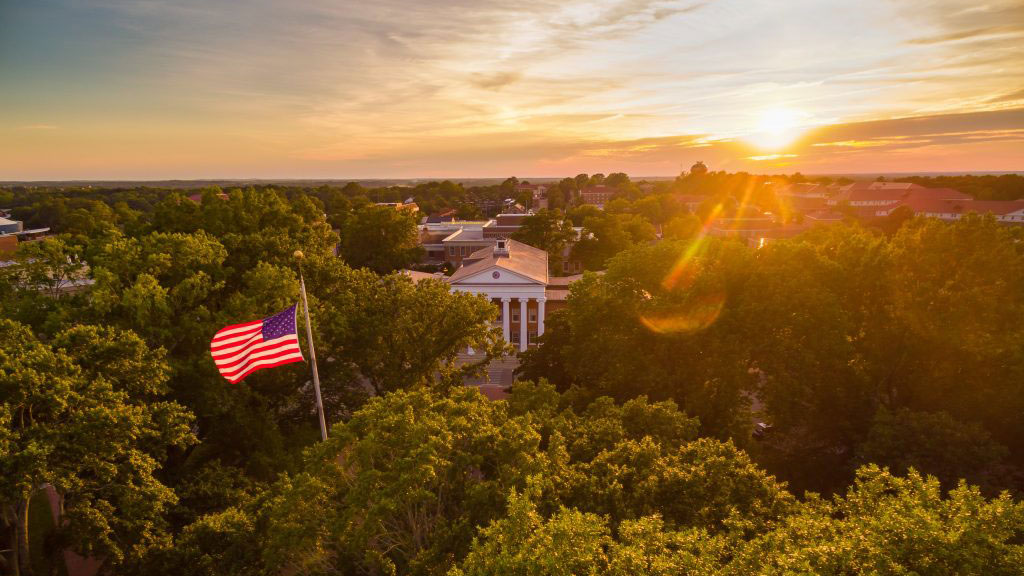Tayler Glover fosters opportunities for women in computer science.
When Tayler Glover was in high school in Van Buren, Arkansas, a town of just over 20,000 people, she discovered computer science. She thought it could lead to exciting – and lucrative – directions.
Glover took part in an information technology program at the nearby University of Arkansas at Fort Smith campus during her junior year of high school. That meant she spent half her school day at the university, taking programming and other computer science classes.
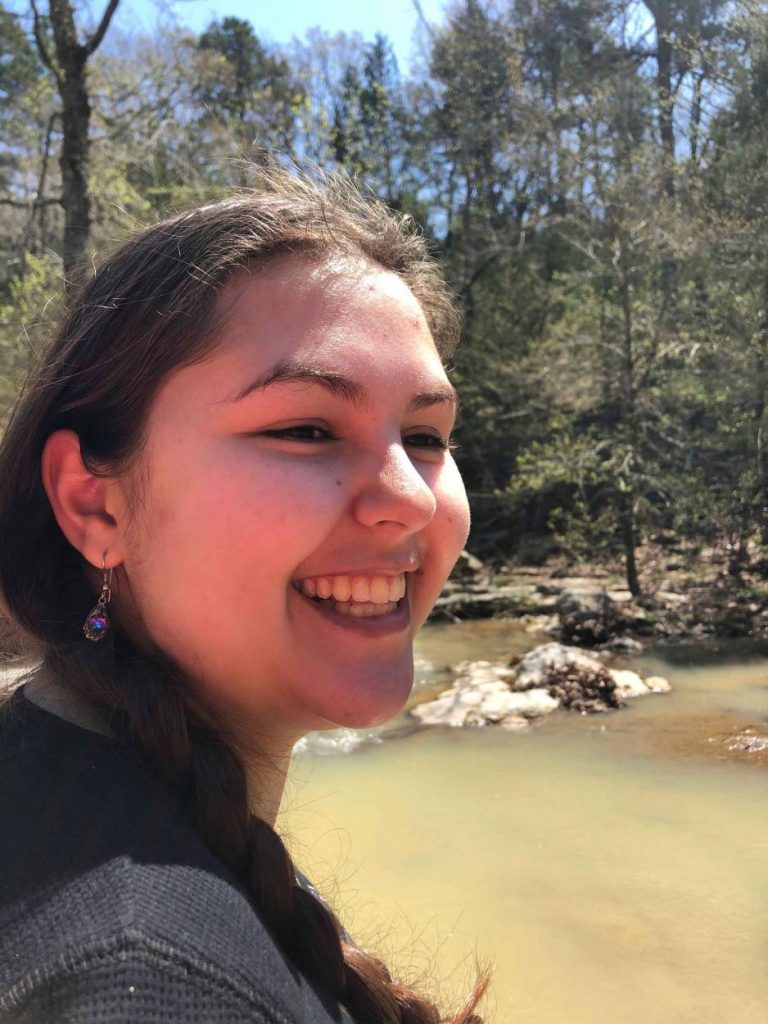
One of the first things she noticed was that she was the only woman in her class – and only one of three in the entire program of 30 students. With less than a fifth of American computer science undergraduate degrees held by women, she experienced firsthand why computer science had the reputation of being a male-dominated field.
So, Glover was pleasantly surprised when she got to Ole Miss to study computer science and found a good number of female students and teachers in her classes.
She explained that diversity is important to her.
“Being able to see yourself in other women is critical to realizing what fields are open to you,” Glover said. “Men and women bring a variety of strengths to the field. To be successful, you need both the detail orientation and strategic thinking.”
Dawn Wilkins, chair of the Department of Computer and Information Science, agrees.
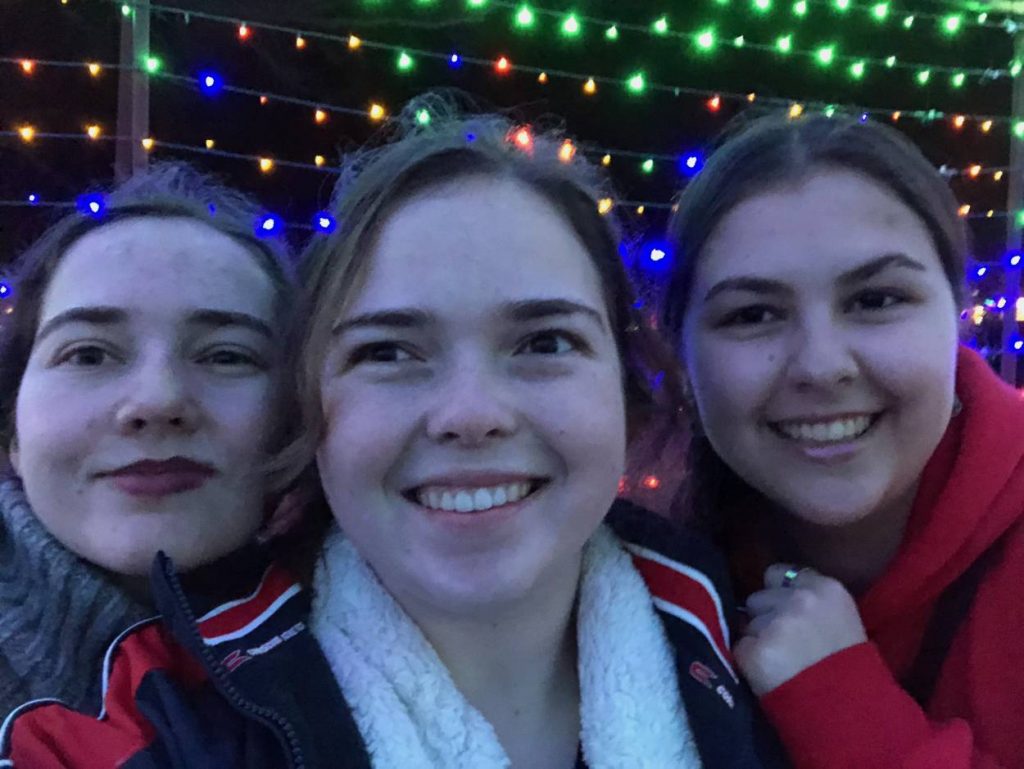
“While the department is only 15% female in the undergraduate programs and 22% female in our graduate program, our women students have excelled,” Wilkins said. “For the past two years, all Outstanding Computer Science Student awards have gone to women.
“I would love to see the female population in the department grow. Women typically are great problem-solvers and have strong attention to detail, skills that are critical in computer science.”
Glover discovered during her sophomore year that other female students also wanted an outlet to discuss computer science in general and the social issues they faced. For example, they sometimes felt uncomfortable going into a computer science project room if they were the only woman there.
Susan Kelly, project manager of the Center for Intelligence and Security Studies, came up with a great opportunity. She asked Glover, who was also pursuing a minor in intelligence and security studies, if she’d like to start up a local student chapter for Women in Cybersecurity. WiCyS is a national organization with the mission to recruit, retain and advance women in cybersecurity.
After a rocky start in 2020, Glover got WiCyS membership up to 20 female students by the end of its first year. For the monthly meetings, she tried to strike a balance of technical education and female presenters.
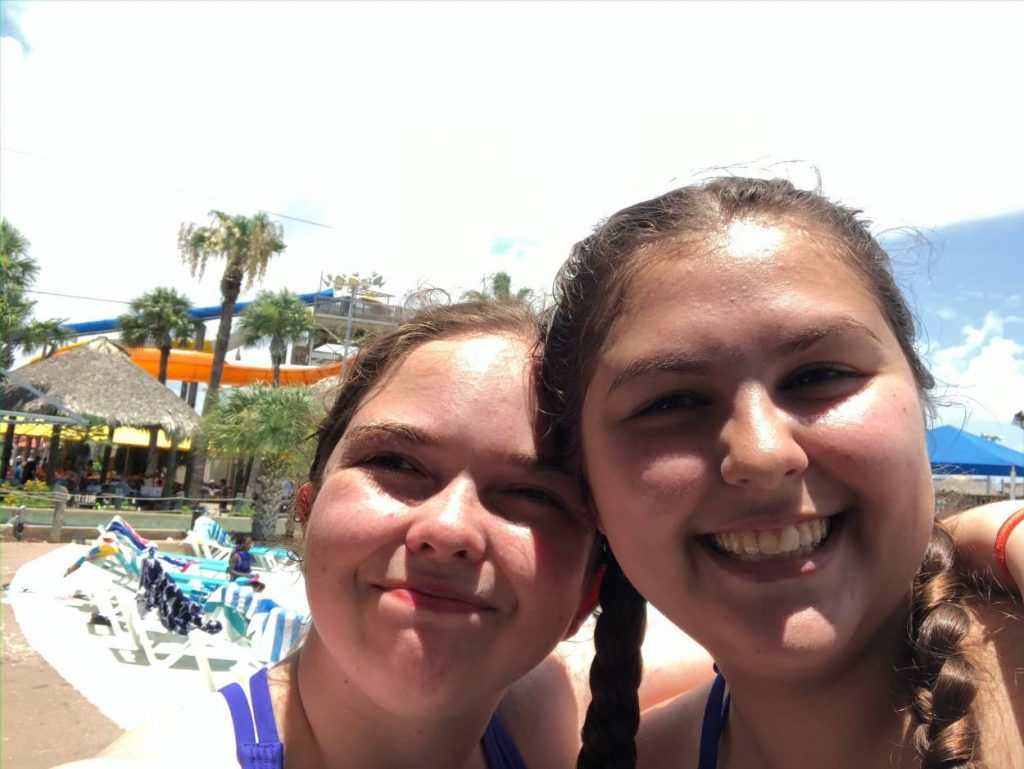
For example, she organized WiCyS webinars on topics as diverse as ransomware, 5G technologies and cyber threats. She also piggybacked on a Center for Intelligence and Security Studies event with an FBI official, who shared her experience of being a woman in a male-dominated field, both as a peer and as a supervisor.
While at Ole Miss, Glover had an internship – which morphed into a part-time position – with the Network Contagion Research Institute. NCRI identifies and forecasts the threat and spread of misinformation and disinformation across social media platforms.
One of Glover’s projects with the institute was to analyze social media activity about the 2021 attacks on Canadian churches in protest of the treatment and killing of indigenous children in the 19th and 20th centuries. She scrolled through Twitter and Reddit and used NCRI’s proprietary software to create an analysis report for the organization.
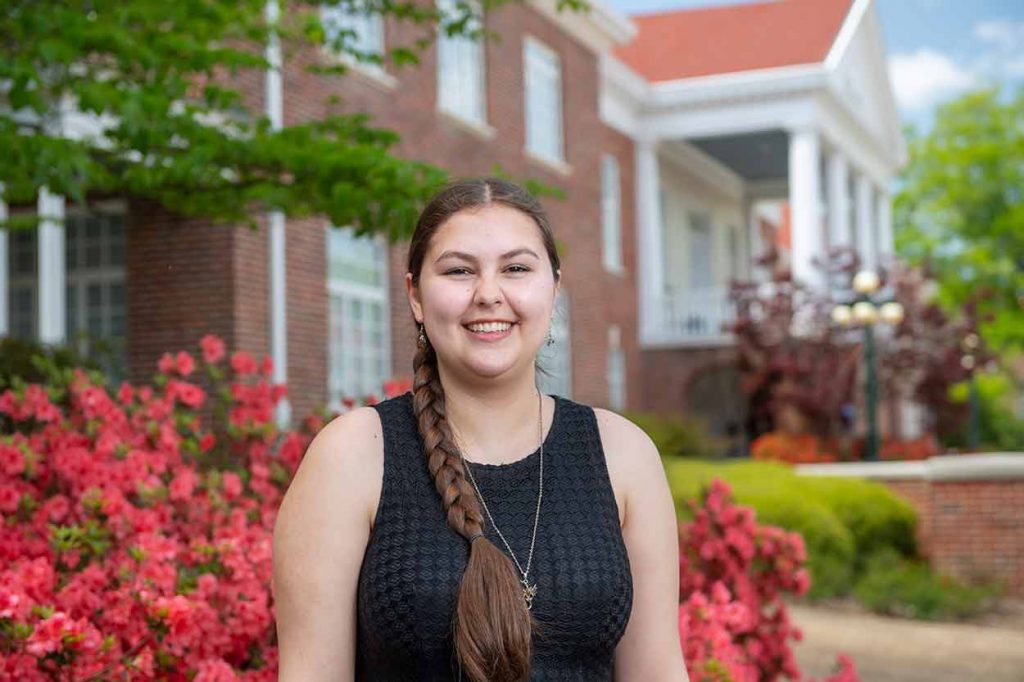
“NCRI taught me the importance of connecting with other employees, male and female,” Glover said. “I found it to be really effective to reach out, both formally and informally, to ask for help from people with more experience.”
Wilkins praised Glover as a great role model for other students.
“She not only started the local chapter of Women in Cybersecurity; she organized events for the group and volunteered to introduce kids to computing on Mississippi Day,” Wilkins said.
Glover graduates on May 7 with a bachelor’s degree in computer science with a cybersecurity emphasis. She also earned minors in mathematics and in intelligence and security studies. After graduation, she hopes to return to NCRI or a similar organization to pursue research on social media and data analysis.
By Lou Tyson, School of Engineering

